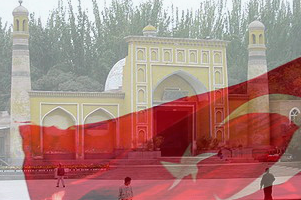The İmamoğlu sentence: Will Istanbul Share the Fate of Diyarbakır?
By Halil Karaveli
January 12, 2022
The political destruction of Istanbul mayor Ekrem İmamoğlu is ultimately meant to demonstrate that the alliance, supported by the Kurdish political movement, which carried him to victory in 2019, is not going to be allowed to repeat its success at the national level. In theory, the removal of İmamoğlu from office will enable the mainstream opposition to turn the presidential election into a referendum about popular sovereignty. However, to succeed it would have to convince voters in Diyarbakır, Mardin and Van that it is as sensitive about their sovereignty as it is about that of the electorate in Istanbul. This is unlikely as the right-wing nationalist Good party of the main opposition alliance resists democratic openings to the Kurds. The division between rigid statist-nationalism and popular democracy runs through the ruling alliance of the AKP and the MHP as well. To tip the balance in favor of popular democracy, Turkey needs a rearrangement of political alliances.
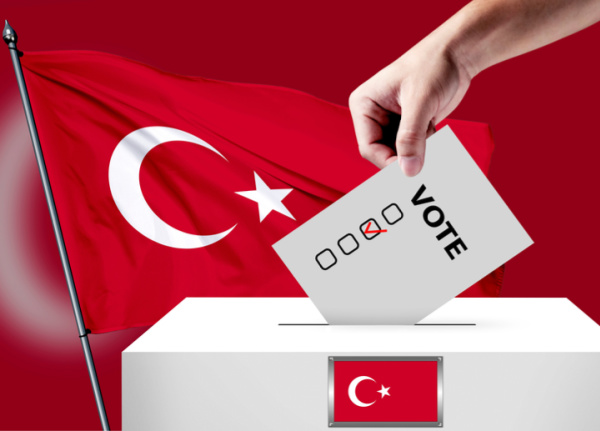
Rich and Poor: What Will Turkey's New Polarization Bring?
By Halil Karaveli
January 30, 2020
Turkey is facing a new polarization between rich and poor. Inequalities in income and wealth have grown dramatically. As developments in other countries in recent years have shown, growing inequality destabilizes the body politic and invites destructive political forces. In Turkey itself, class divisions have historically benefited authoritarian, conservative populists. Turkish democracy needs a resurrected center-left. Kemal Kılıçdaroğlu, the leader of the officially social democrat Republican People’s Party (CHP), has committed his party to the task of rescuing democracy in Turkey. To succeed, he will have to reconsider his belief that the left has become irrelevant.
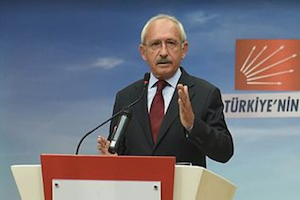
The Crackdown on HDP: Sustaining Authoritarianism with Ethnic Polarization
By Halil Karaveli
December 2, 2019
By the end of November 2019, 24 out of 69 mayors in Kurdish cities in Turkey had been dismissed and 19 had been arrested. The Turkish regime exploits nationalism to neutralize the opposition. Yet the opposition cannot dodge its own responsibility for the dismantling of democracy in the Kurdish cities of Turkey. Its refusal to make a principled stand against the crackdown on elected Kurdish representatives plays into the hand of authoritarianism and wastes an opportunity to build a democratic bloc. It should also be clear that Turkey cannot afford to give up on democracy for the Kurds.
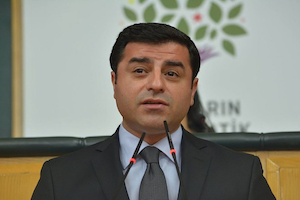
Can Turkey Change?
By Halil Karaveli
July 16, 2018
Though not impossible, change remains an unlikely prospect in Turkey. Seen in a larger historical perspective, the switch from parliamentarianism to presidential rule represents less of a break with continuity than one would imagine. Similarly, the June 24 elections showed that Turkish electoral dynamics remain largely unchanged, even though the social democrat candidate Muharrem İnce’s campaign as well as his result did go some way in illustrating how these dynamics may ultimately change.
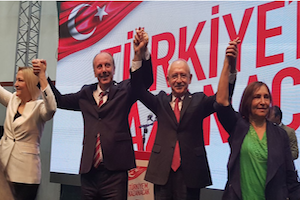
Turkey and China: Merging Realpolitik with Idealism
By Hay Eytan Cohen Yanarocak (vol. 8, no. 15 of the Turkey Analyst)
Despite the importance and improvement of multi-dimensional Turkish-Chinese relations, Turkish decision makers have had difficulties reconciling their Pan-Islamic ideological rhetoric and the demands of realpolitik. While Ankara recognizes the need to form good relations with China, its self-assigned role as the protector of “oppressed Muslims” has, so far, trapped Turkey between realpolitik and the purism of ideology. Having acknowledged this clash, President Recep Tayyip Erdoğan has moved to neutralize the discord that has existed between Turkey’s national interests and its Pan-Islamic ideological rhetoric. Erdoğan’s new China strategy promises to pave the way for solid, stable relations between Turkey and China.
